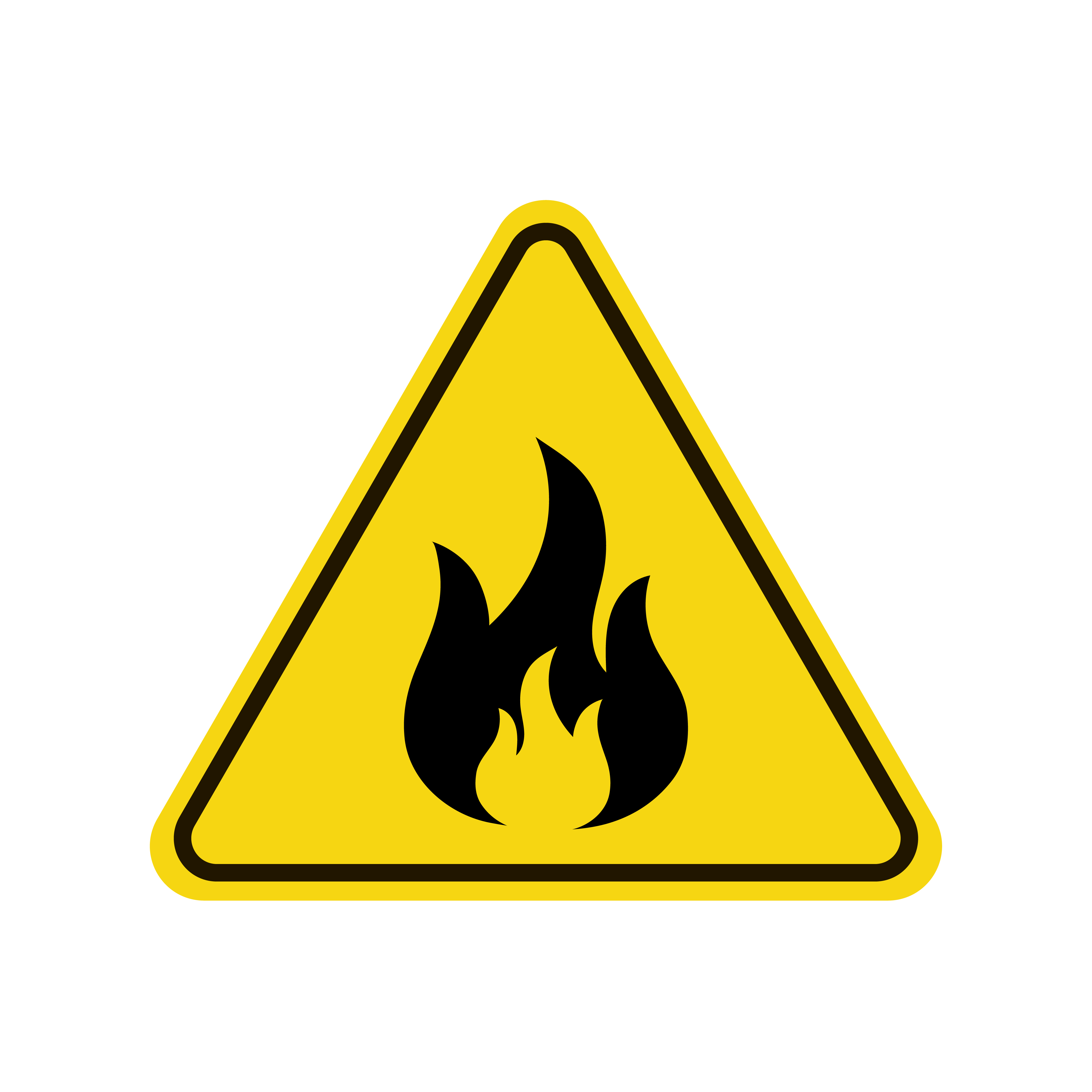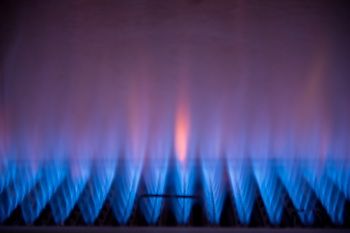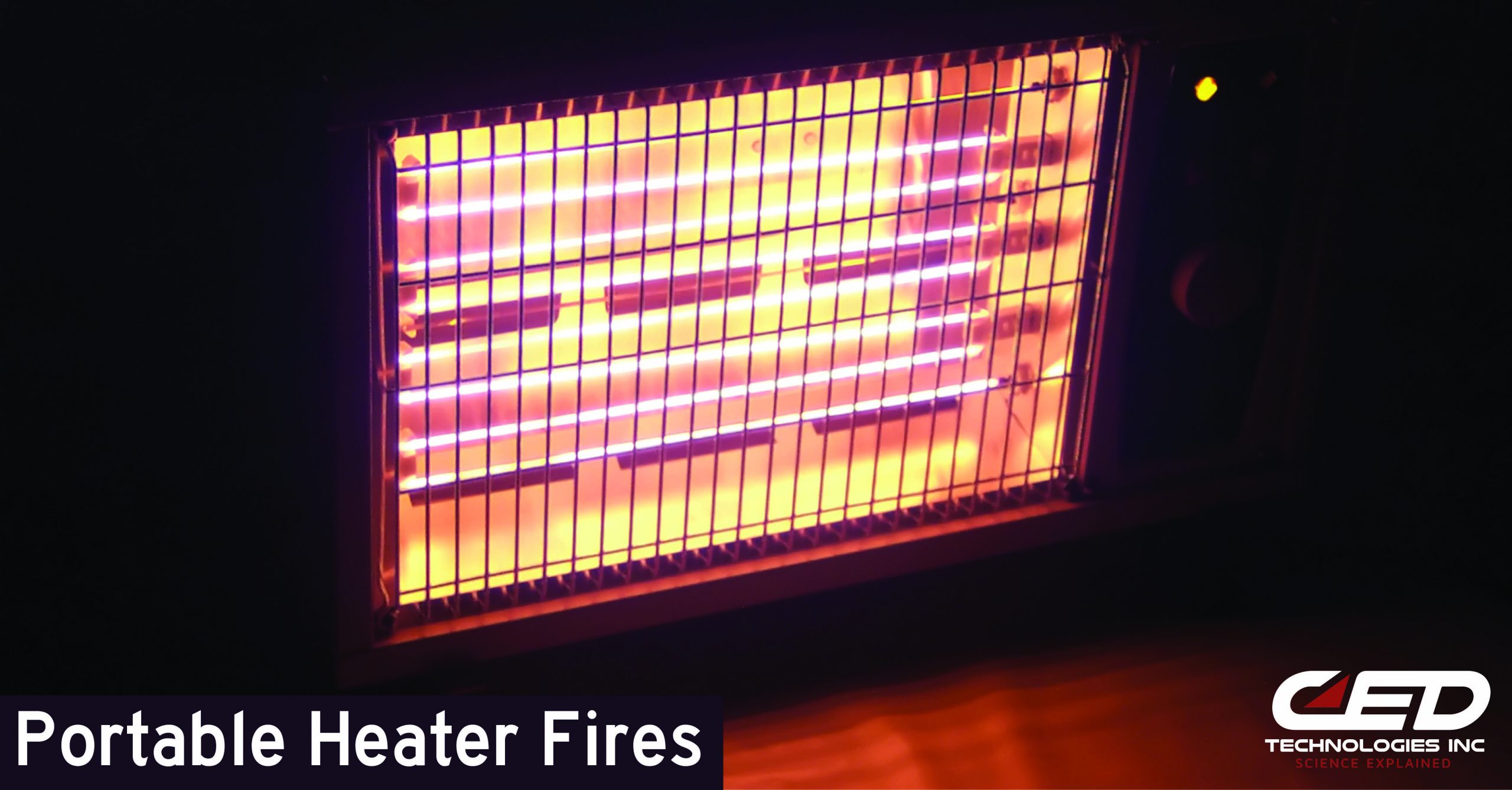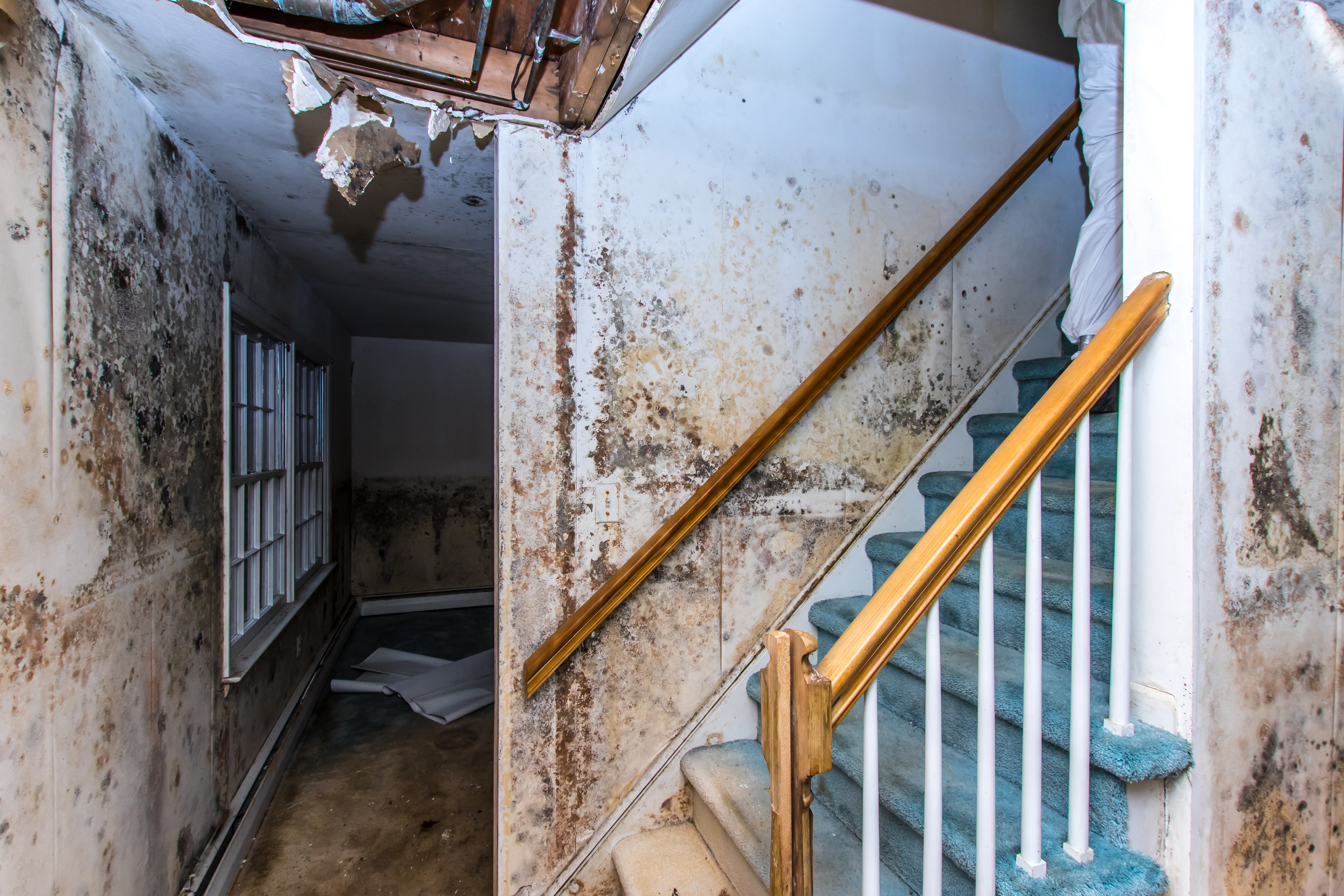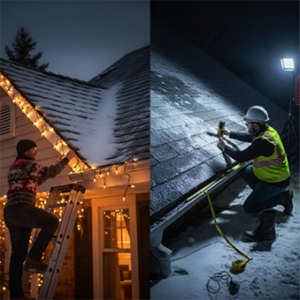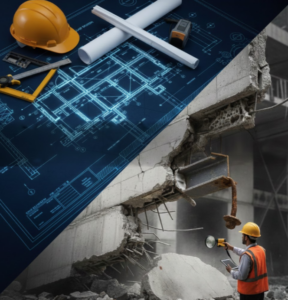Public utilities deliver heating fuel via pipeline to millions of homes in America every day. With the volume of fuel that is continuously pumping through this network 24/7, accidents are not uncommon. The series of gas explosions recently in Massachusetts showcased the power behind such accidents and the destruction it can cause. It may be surprising to many, however, that such catastrophic events are caused by three simple factors: leaks, ignition and confinement.
Leaks – Containers and pipelines hold and deliver natural gas. Pure natural gas is not flammable or explosive, but can develop a flammable or explosive mixture when released into air. Containers can become damaged and leak due to over pressurization, a puncture from impact or gradual corrosion.
Ignition – With the proper fuel-to-air mixture, any spark or flame, no matter how small, can ignite leaking natural gas. Some gas explosions are minor, with the increase in pressure not generating enough force to damage anything. Other gas explosions are catastrophic. Gas explosions can lead to fires. The power of an explosion depends on the type of fuel, the fuel concentration, where the fuel ignites, the ignition strength, and venting.
Confinement – Gases are compressible and have widely spread out molecules. Explosions do not occur without confinement of the fuel and air mixture. The damage caused by gas explosions depends on the size of the container and the volume of fuel it contains. In open space, the gas can expand out and dilute, but when confined, pressure can build up and damage the container. Confinement increases the temperature generated by a gas explosion.
When conducting a gas explosion investigation, it is important to hire the right expert and get them involved early. At CED Technologies, we have mechanical, electrical and chemical engineering experts, many of which have utility experience and are certified fire and explosion investigators. CED experts can help investigate and determine the origin and cause of the explosion and collect and store evidence in accordance with NFPA standards. If you’d like to speak with one of our experts about a gas explosion, call CED at 800-780-4221 or contact your regional office.Click Here To See Our Full List of Experts Click Here To Submit an Inquiry about a possible Claim or Case.
